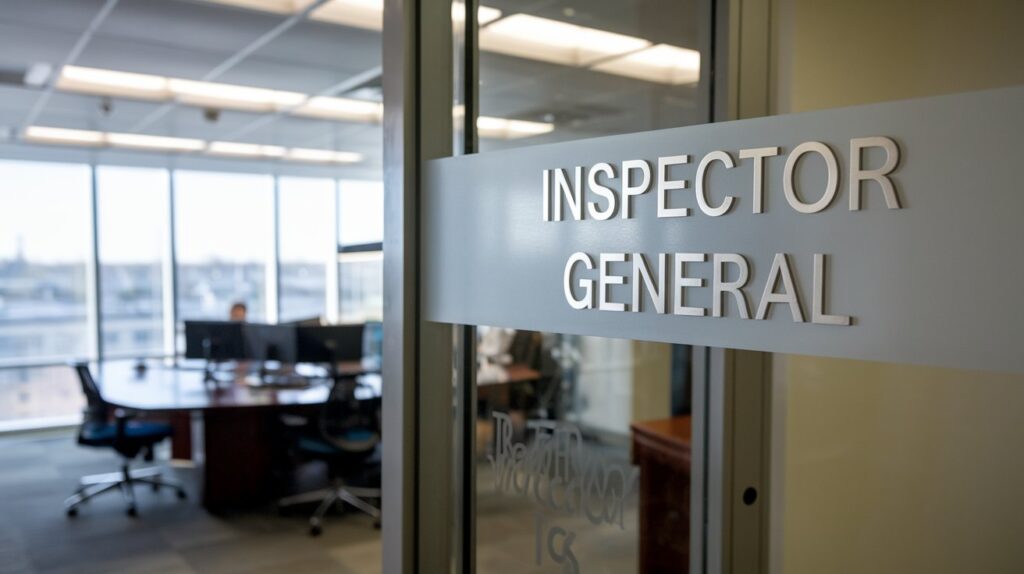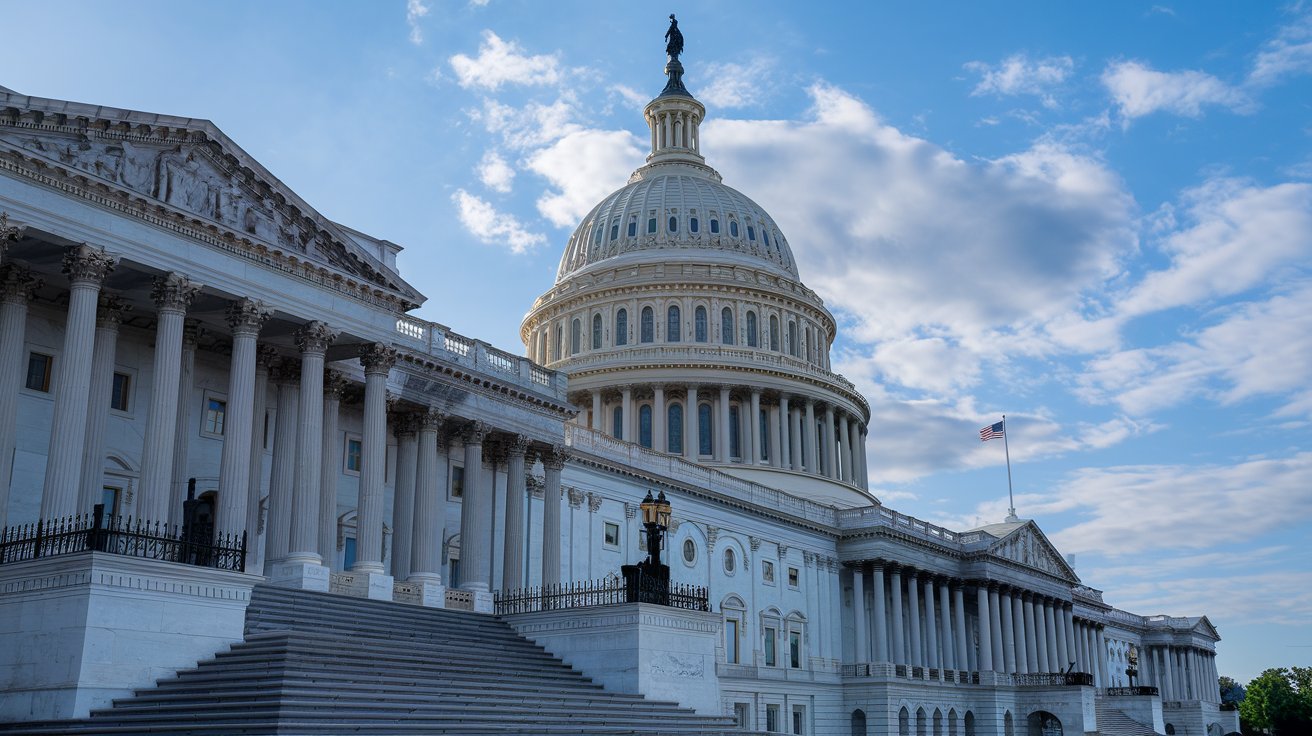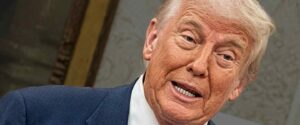Senate Republicans Defend President Trump’s Dismissal of 17 Inspectors General: A Controversial Move
In a move stirring national debate, President Donald Trump recently dismissed 17 inspectors general across various federal agencies, prompting both vigorous support from Senate Republicans and sharp criticism from key figures in Washington. This decision has drawn attention to the critical role of inspectors general in maintaining transparency and accountability within the federal government.
The Role of Inspectors General in Government Oversight
Inspectors general serve as independent watchdogs for federal agencies, ensuring the prevention of waste, fraud, and abuse. They act as a crucial layer of oversight to maintain public trust and ensure taxpayer funds are used appropriately. The dismissal of 17 inspectors general raises significant questions about the future of governmental accountability and the balance of power within the executive branch.

Support from Senate Republicans
Senate Republicans have defended the president’s actions, citing his authority under federal law to remove inspectors general.
- Senator Tom Cotton commented that the president is within his rights to replace inspectors general if inefficiencies or misconduct are perceived within these offices.
- Senator Lindsey Graham echoed this sentiment, adding that while the 30-day notice requirement to Congress is necessary, the president’s authority to dismiss these officials, especially post-election, should not be questioned.
The Republican defense centers on the argument that these actions align with the president’s broader agenda to streamline operations and eliminate what they see as internal obstacles to effective governance.
Criticism and Legal Concerns
On the other side of the debate, several lawmakers and watchdog organizations have expressed concern over the firings, calling them a threat to the independence of federal oversight.
- Senator Adam Schiff, a vocal critic, stated that the president’s failure to provide the legally required 30-day notice to Congress constitutes a violation of federal law.
- Many argue that these dismissals undermine the foundational principles of checks and balances, potentially paving the way for unchecked misconduct within federal agencies.
The Legal Debate
Federal law mandates that the president notify Congress 30 days before removing an inspector general, providing clear reasons for their dismissal. Legal experts have highlighted that the lack of such notices raises questions about whether these dismissals are consistent with statutory requirements.
A Historical Pattern?
This is not the first time President Trump has faced scrutiny for removing inspectors general. During his first term, similar actions sparked bipartisan concerns about the erosion of independent oversight in government. The latest round of firings seems to follow a pattern, reinforcing concerns about the weakening of critical checks and balances in federal operations.
The Broader Implications
The debate over the role and dismissal of inspectors general is not merely a legal issue—it is a question of public trust. Independent oversight ensures that governmental operations remain transparent and accountable to the American people. As this situation unfolds, it may set a precedent for the future of executive authority and oversight in the United States.
Conclusion
In conclusion, the dismissal of 17 inspectors general by President Trump highlights a pivotal moment in the ongoing debate about federal oversight and executive authority. Inspectors general play a critical role in ensuring transparency and accountability within government agencies, making their removal a topic of significant concern for lawmakers, legal experts, and the public alike. While Senate Republicans argue that the president is exercising his lawful authority, critics stress the importance of preserving independent oversight to prevent potential misconduct and protect public trust.
As we reflect on this unfolding story, it serves as a reminder of the delicate balance between executive power and the need for independent watchdogs to safeguard democracy. Understanding the implications of such decisions helps us better grasp the challenges facing federal oversight today.
What are your thoughts on this issue? Share your opinions in the comments below, and let’s discuss how federal oversight challenges can shape the future of governance. For more updates and in-depth analysis, subscribe to our newsletter and stay informed about the evolving dynamics of presidential authority and accountability. Together, we can better understand and engage with the key issues shaping our democracy. [USnewsSphere.com]








